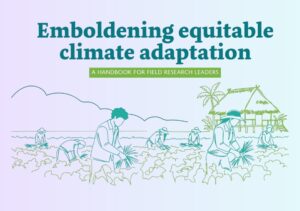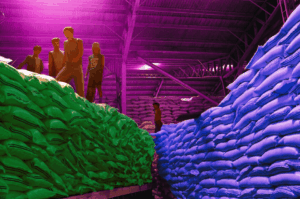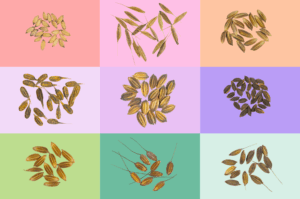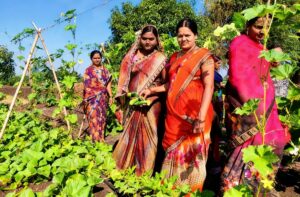The Office of the Deputy Prime Minister of Thailand has ordered provincial governors to cut down on the farmers’ practice of burning rice and sugarcane straw on the field.
The traditional practice of burning agricultural waste products is part of preparing the field for the next cropping.
However, the annual burning is the primary biggest cause of air pollution in Bangkok and Central Thailand from December to April.
Read the full story at The Thaiger
More information on better alternatives to burning agricultural waste:
Sustainable Rice Straw Management book now available for download
Sustainable Rice Straw Management is an open access book that provides a wide array of options for rice straw management that are potentially more sustainable, environmental, and profitable compared to current practice. The book is authored by expert researchers, engineers, and innovators working on a range of straw management options with case studies from Vietnam, the Philippines, and Cambodia.
Philippine upcycling initiative turns rice straw into inexpensive, nutritious livestock feed
The Bureau of Agricultural Research under the Philippine Department of Agriculture funded a project called the Development of Sustainable Rice Straw Practices and Technologies for Food, Feed and Bioenergy in the Philippines (RiceStrawPH). Implemented by IRRI in partnership with the Philippine Rice Research Institute, Philippine Carabao Center, and the Philippine Center for Postharvest Development and Mechanization, RiceStrawPH conducted a demonstration and technology showcase on enhanced feeding management practices for urea-molasses treated rice straw for ruminant raisers at the Municipal Agricultural Office in M’lang, North Cotabato in February 2020.
Building a social innovation strategy for rice straw bioenergy in the Philippines and Vietnam
Involving farmers and local communities in bioenergy development is important for the deployment of sustainable bioenergy systems, especially if rural areas are to maximize potential co-benefits from energy provision. Focusing on rice straw bioenergy in the Philippines and Vietnam, our research explored how farmers’ social networks can serve as a platform for social innovation – an emerging approach to energy transitions aimed at delivering solutions by empowering local people.










